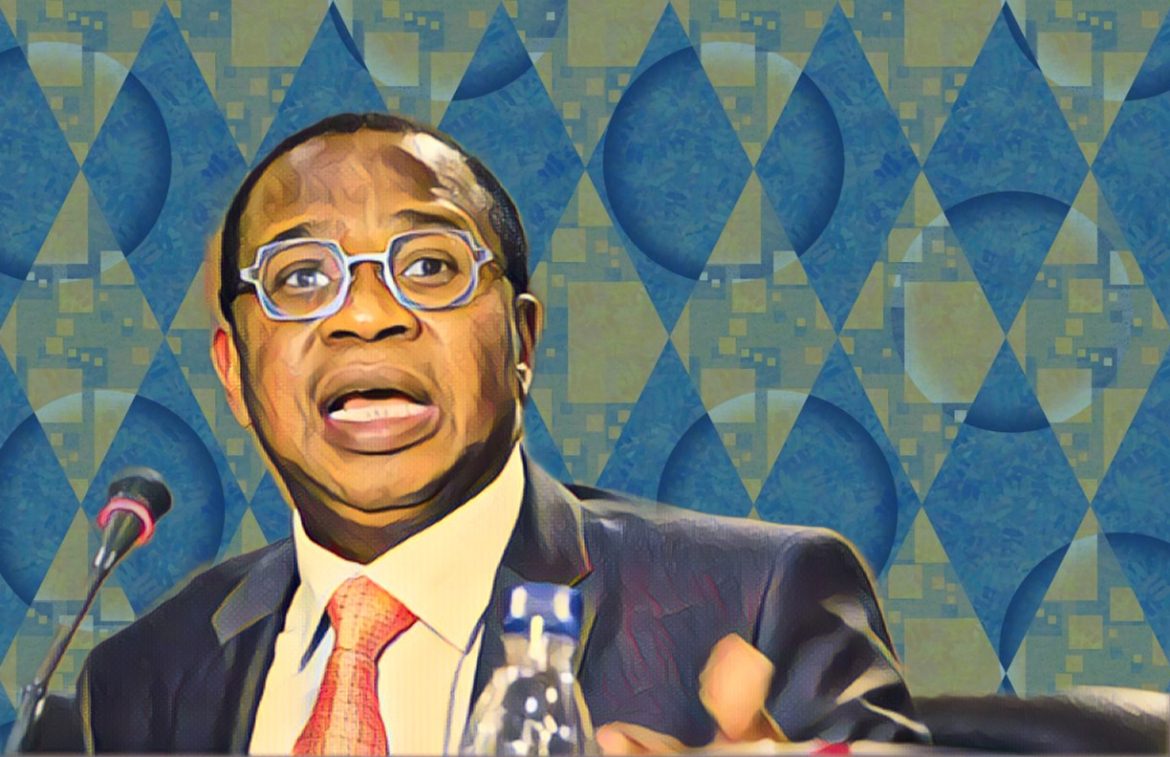Zimbabwe is facing a severe economic crisis, with the highest inflation rate in the world at 1,397% per year, according to a top economist.
Steve Hanke, a professor at Johns Hopkins University and an expert on hyperinflation, said that Finance Minister Mthuli Ncube should admit his failure and step down.
“It’s time for Finance Minister Mthuli Ncube to resign,” Hanke tweeted on Monday.
Ncube, a University of Cambridge graduate, has been in charge of Zimbabwe’s economy since 2018. He reintroduced the Zimbabwe dollar in 2019, after a decade of using a multi-currency system that had stabilized the country’s volatile economy.
However, the move backfired, as the Zimbabwe dollar rapidly lost value and confidence. Most of the country’s internal trade is now in US dollars, as informal traders and tuckshops no longer accept the local currency.
The Zimbabwe dollar now trades at ZW$18,000 per US$1 on the parallel market, a huge devaluation from the official rate of ZW$84 per US$1.
Ncube’s Policies Under Fire
Ncube has faced criticism for his policies, which have failed to curb inflation, boost growth, or improve living standards for millions of Zimbabweans.
He has also been accused of manipulating economic data, such as inflation and GDP figures, to paint a rosy picture of the situation.
In 2020, he claimed that Zimbabwe had achieved a budget surplus, a positive current account balance, and a primary surplus. However, these claims were disputed by independent analysts and the International Monetary Fund (IMF), which said that Zimbabwe’s economy contracted by 8.1% in 2020 and projected a further decline of 2.5% in 2021.
Ncube has also clashed with the central bank governor, John Mangudya, over monetary policy and exchange rate management. The two have often given contradictory statements and blamed each other for the economic woes.
Mnangagwa’s Promise of Reform
President Emmerson Mnangagwa, who came to power in 2017 after a military coup that ousted long-time ruler Robert Mugabe, has promised to reform the economy and attract foreign investment.
He has also hinted at a raft of policy changes that he said were meant to halt the dollar’s massive devaluation. “We shall soon be announcing the introduction of our structured currency,” Mnangagwa said in January.
However, Mnangagwa has also resisted calls to scrap the Zimbabwe dollar and revert to the multi-currency system, saying that no country has ever developed while using another’s currency.
He has also faced resistance from his party, Zanu-PF, which has a history of corruption, patronage, and mismanagement.
Many Zimbabweans have lost faith in Mnangagwa’s ability to deliver on his promises, as they continue to suffer from high prices, shortages of basic goods, power cuts, and poor public services.
A Glimmer of Hope
Despite the bleak outlook, some experts believe that there is still a chance for Zimbabwe to turn around its economy if it implements the right policies and reforms.
The IMF has urged Zimbabwe to adopt a comprehensive stabilization and structural reform program, which would include fiscal consolidation, monetary discipline, exchange rate flexibility, debt resolution, and governance improvements.
The IMF has also offered to provide technical assistance and policy advice to Zimbabwe if it clears its arrears to international creditors and restores its voting rights.
Some analysts have also suggested that Zimbabwe could benefit from the African Continental Free Trade Area (AfCFTA), which came into effect in January. The AfCFTA aims to create a single market for goods and services across 54 African countries, with the potential to boost trade, investment, and growth.
Zimbabwe has a comparative advantage in sectors such as agriculture, mining, tourism, and manufacturing, which could help it diversify its exports and reduce its dependence on imports.
However, to take advantage of the AfCFTA, Zimbabwe would need to address its infrastructure gaps, improve its business environment, and enhance its competitiveness.
Zimbabwe has a long way to go before it can overcome its economic crisis, but with the right leadership, policies, and support, it may be able to achieve a sustainable, inclusive, and prosperous future.
Source: New Zimbabwe


